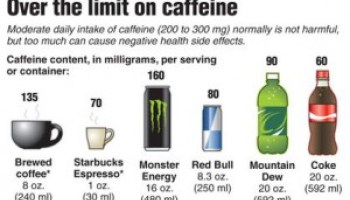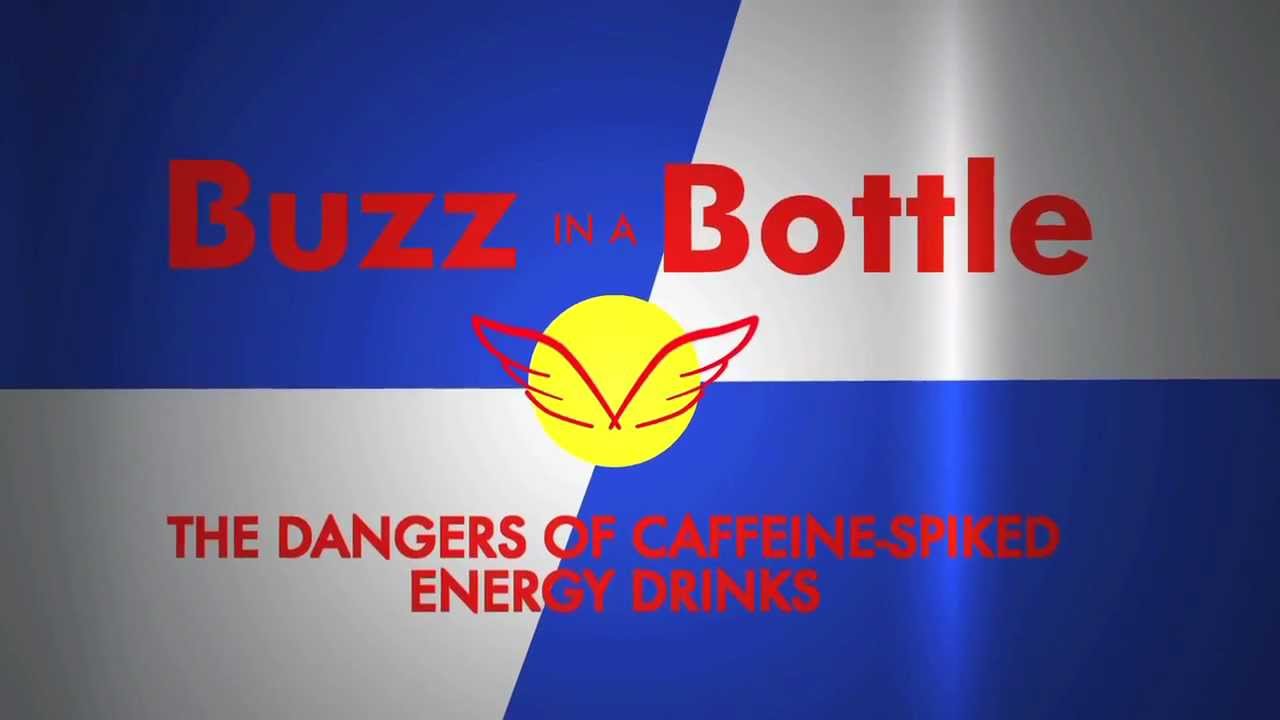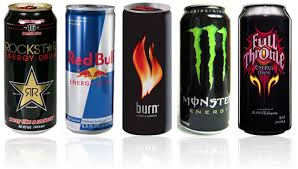 There’s been a lot of controversy about caffeine-spiked energy drinks in recent years following a spate of deaths and overdoses related to the beverages. In one of the most heartbreaking cases, 14-year-old Anais Fournier of Maryland died after consuming two 24-ounce cans of an energy drink. Food and Drug Administration has been studying such cases to try to determine if there’s a causal link and, if so, what to do about it. Makers of energy drinks, meanwhile, have insisted that the beverages are safe and that some of the cases of bad reactions may have been due to pre-existing conditions that the individuals in question had.
There’s been a lot of controversy about caffeine-spiked energy drinks in recent years following a spate of deaths and overdoses related to the beverages. In one of the most heartbreaking cases, 14-year-old Anais Fournier of Maryland died after consuming two 24-ounce cans of an energy drink. Food and Drug Administration has been studying such cases to try to determine if there’s a causal link and, if so, what to do about it. Makers of energy drinks, meanwhile, have insisted that the beverages are safe and that some of the cases of bad reactions may have been due to pre-existing conditions that the individuals in question had.
In an effort to get more information about exactly happens in your body after you consume one of the drinks, Mayo Clinic researcher Anna Svatikova and her colleagues recruited 25 volunteers.
All were young adults age 18 or older, nonsmokers, free of known disease, and not taking medications. They were asked to drink a 16-ounce can of a Rockstar energy drink and a placebo — with the same taste, texture, color and nutritional contents but without the caffeine and other stimulants — within five minutes on two separate days.
The energy drink had the following stimulants: 240 mg of caffeine, 2,000 mg of taurine and extracts of guarana seed, ginseng root and milk thistle.
Researchers took numerous measurements first before they drank and 30 minutes after. With the placebo,  there was very little change. With the energy drink, however, many of the changes were marked:
there was very little change. With the energy drink, however, many of the changes were marked:
-Systolic blood pressure (the top number) – 6.2 percent increase
-Diastolic blood pressure (the bottom number) – 6.8 percent increase
-Average blood pressure – 6.4 percent increase
-Heart rate – none
-Caffeine in blood – increase from undetectable to 3.4 micrograms/mL
-Norepinephrine level (the stress hormone, which can give you the shakes when you have too much caffeine) in blood – increase from 150 pg/mL to 250 pg/ML
Writing in JAMA, the researchers said that these changes may predispose those who drink a single drink to increased cardiovascular risk.
Source: The Washington Post
